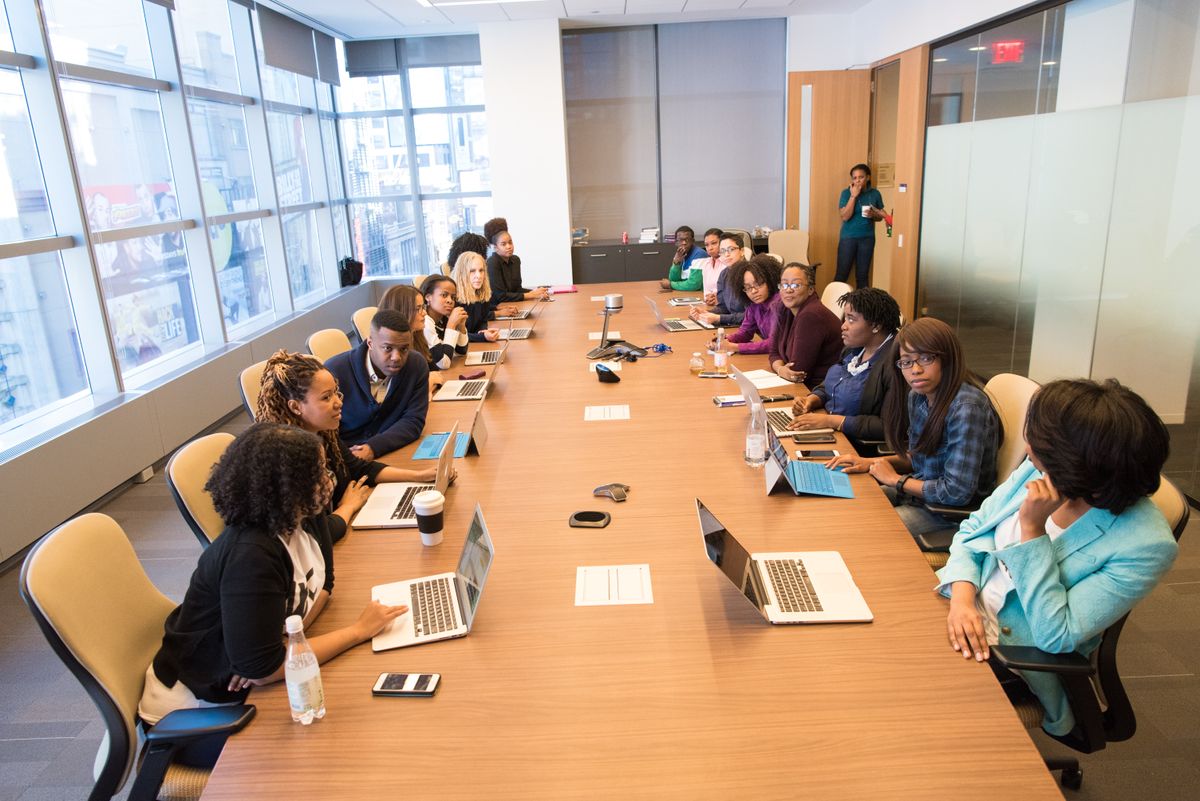How Would You Rate Your Workplace Negotiation Skills?
Regardless of your title or role, having strong workplace negotiation skills can come in handy. Read on for some pointers.

Negotiation is a vital skill for every professional. Whether you’re negotiating your remuneration package during a job interview or dealing with vendors, clients, or colleagues, this valuable workplace skill opens doors and leads to better outcomes in every aspect of our work.
Good workplace negotiation skills are not innate – they can be learnt. Irrespective of your job title or level, being a good negotiator can add significant value to your work and life. Organisations prize good negotiators because these individuals are good at finding solutions and defusing conflicts. They are also stellar communicators who find common ground and preserve relationships.
If you want to add negotiation skills to your workplace skills repertoire, here are some tips you can follow next time.
Pay attention to verbal and nonverbal cues
There are three fundamental types of human communication: body language, tone of voice, and choice of words. Good negotiators pay close attention to all three and ensure that they aren’t in conflict with each other. At the same time, they also pay attention to what the other party is saying because that can provide valuable cues into their motives and thoughts.
Practice active listening and resist the temptation to interrupt
One of the most important workplace negotiation skills is being a great listener. When in a negotiation with another party, listen closely to them. When the chance comes, ask as many questions as possible without interrupting them. Not only will this ensure that you don’t miss out on any vital information, it also shows the other party that you are serious about the negotiation. A healthy culture of listening deeply at the outset will set the tone for all further negotiations and help in building mutual trust.
Hone your analytical skills to get the upper hand
Practicing your data research and analysis skills helps you to understand all sides of any situation in depth. Being better prepared for a negotiation automatically gives you the upper hand. The more complicated or contentious the issue, the deeper and better your research must be.
Try Manah's free emotional wellbeing assessment now!
Keep your emotions in check, no matter how stressful the situation gets
Don’t let your emotions get the best of you and change the course of the negotiations. Keep calm and be respectful of the other party’s emotional needs as well. Try to be mindful so that you can defuse the situation or postpone negotiations in case there are chances of an emotional outburst.
Try to come up with win-win solutions
Hard negotiators, or those who don’t cede an inch, run the risk of alienating the other party. Remember, your goal is to get the other person on board. Therefore it’s important to come up with a creative solution that is mutually beneficial and convince the other party to embrace it. List all the pros, cons and show them how your solution is the best way to deal with the issue at hand.
Consider all possible outcomes and prepare accordingly
There are chances that your initial solution might not get the desired response, so it’s always good to be ready for contingencies and have a few backup plans ready. Consider all possible solutions to the issue and be ready with an appropriate course of action if the negotiations change their course.
Keep relationships uppermost on your list of priorities
Two people or teams might disagree on a particular topic, but having a good relationship ensures that such disagreements are peacefully and positively resolved. If you win the debate but lose the relationship, it will create increased difficulties the next time around.
Honour the commitments made during the negotiation
Negotiation is a give-and-take process. Your credibility lies in how well you hold up your end of the bargain after the conclusion of the negotiation. Hence make sure that all agreements made by you are honoured, not just in letter but in spirit. This is crucial if you expect the other side to do the same.





